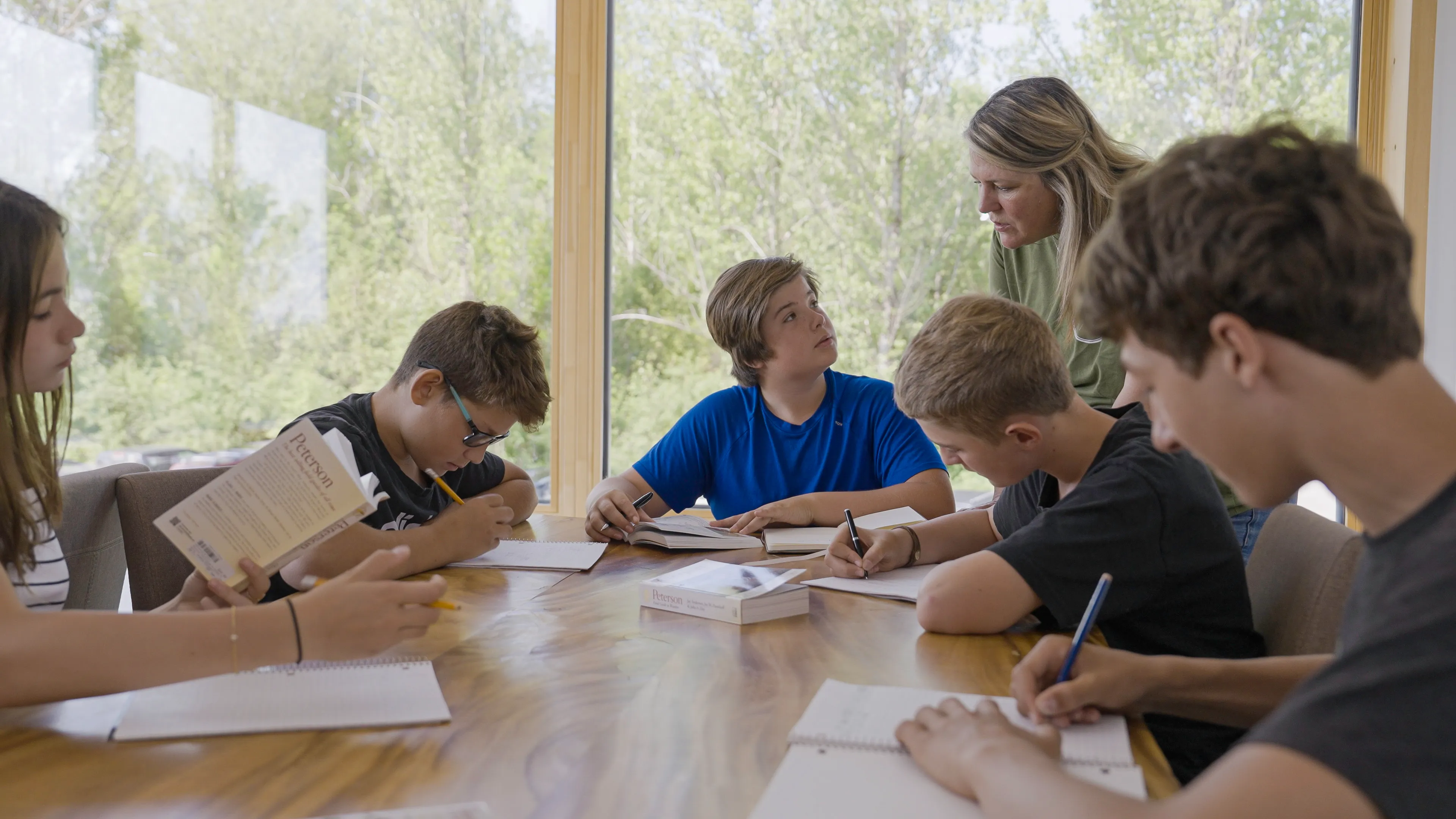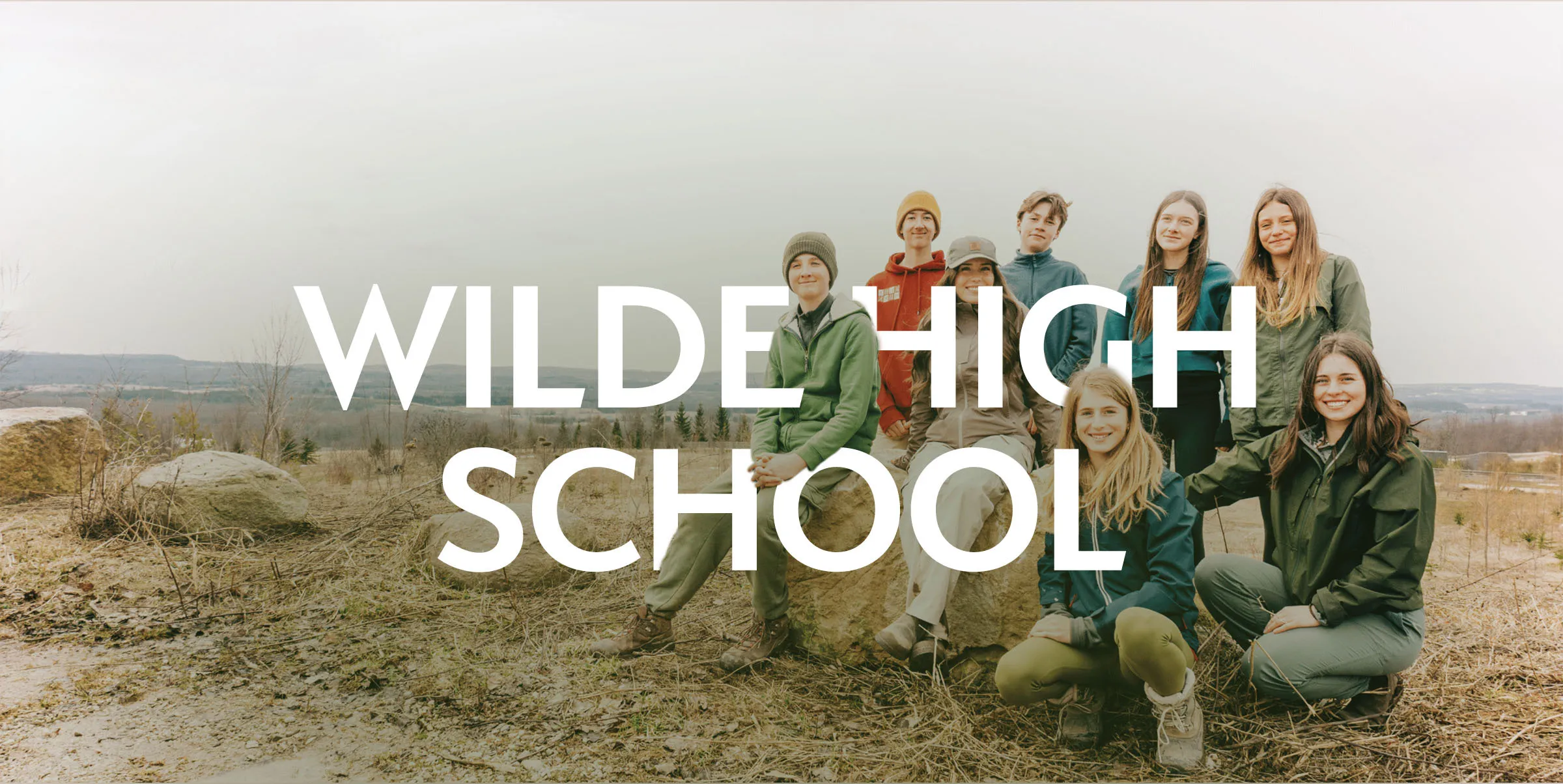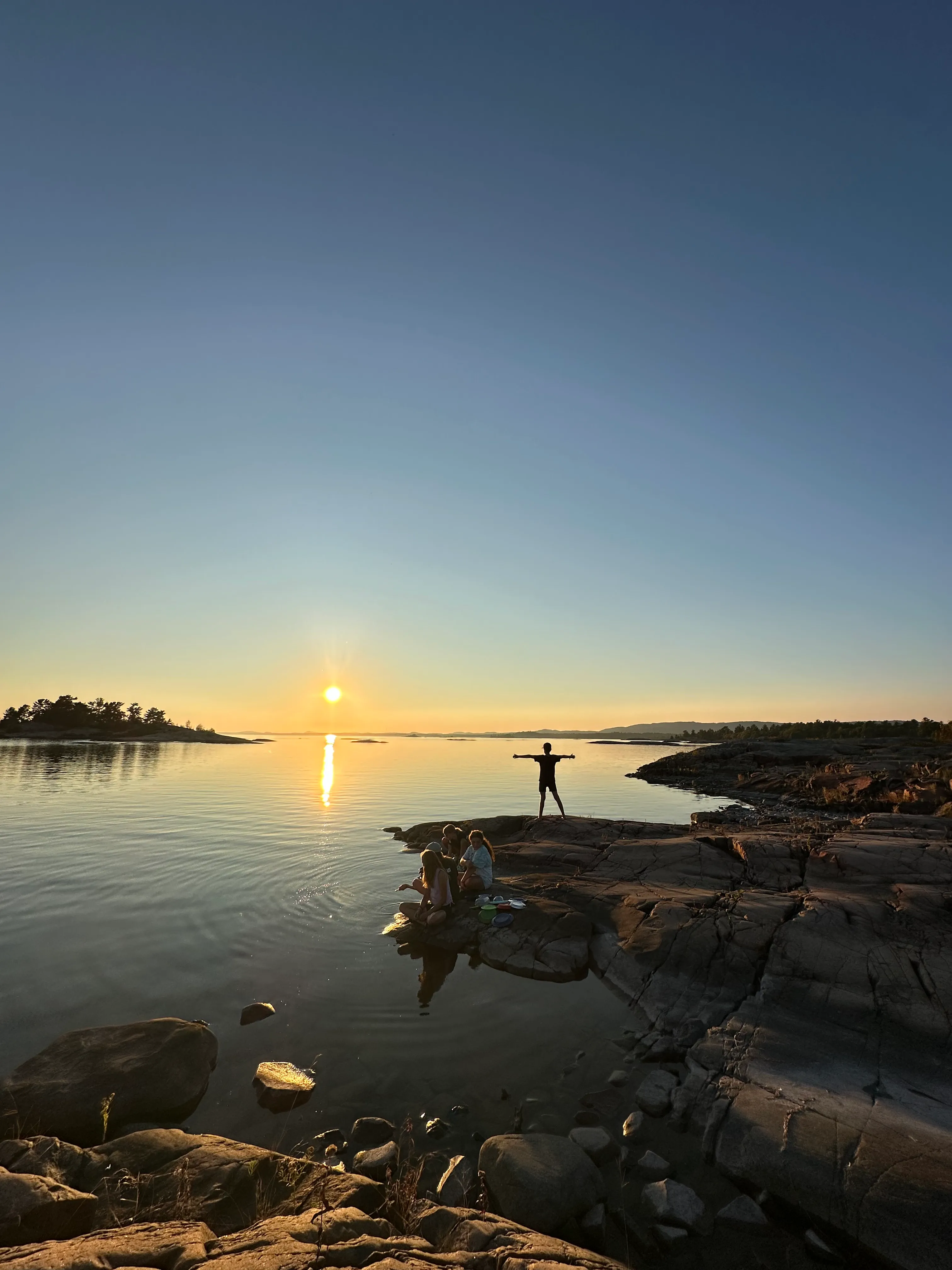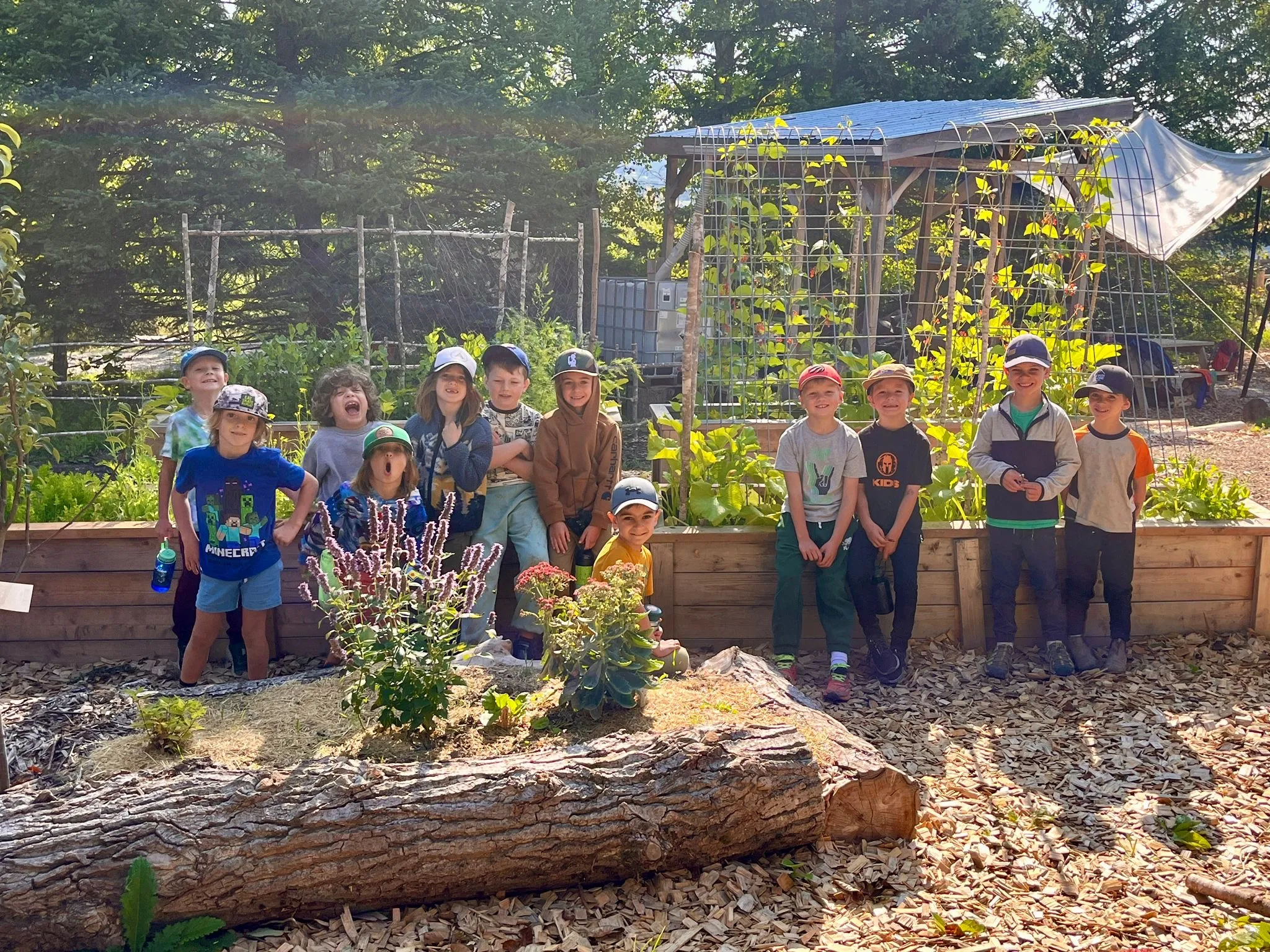What If School Was About Becoming, Not Just Performing?


In an age of burnout, anxiety, and disengagement, Wilde School is rethinking how young people are held accountable—for all the right reasons.
By Jeff Barrett
Across Canada, student motivation is in freefall. Ask any teacher and you’ll hear the same concerns: kids are zoning out, grades feel meaningless, and even once high-achieving students are struggling to connect to what they’re doing and why. As parents, educators, and leaders, we should be asking—what went wrong?
And perhaps more urgently—what might we do differently?
At Wilde High School we decided to start not with a new curriculum or a fancy assessment tool, but with a much older question: what motivates people to grow? Not in theory, but in real life. In leadership. In the wild.
And the answer we arrived at is both old and new: accountability.
But not the kind you're thinking of.
The traditional model of accountability in school is deeply flawed. A grade shows up on a report card. A teacher decides if you've met expectations. A parent signs the bottom line. This system teaches students how to perform—but not how to reflect. It rewards compliance—but not self-direction. And it often results in the opposite of what we want: passivity, avoidance, or burnout.
So we asked: what if students weren’t just accountable to authority figures—but with them? What if they had their own version of a CEO’s life coach or a founder’s advisory board?
What if they had a 360° Accountability Council?
At Wilde, every student builds their own circle of support. A mentor teacher. A peer. A parent. A staff member. An inspirational figure. Together, this council meets twice a year for a real conversation—not just about academics, but about effort, values, relationships, goals, and next steps.
The effect is profound. Because when a young person is asked to reflect on their own growth, to be seen and supported by people who believe in them—and to take ownership of where they want to go—intrinsic motivation awakens. They start showing up not for marks, but for meaning.
If you ask top CEOs or athletes how they stay on track, they’ll often credit a coach. Someone who sees the whole picture, gives honest feedback, and helps them course-correct without judgment. These high performers don’t wait for annual performance reviews—they create intentional systems of reflection and support. And they invest in them, deeply.
Wilde borrows from that model. Not because we’re trying to raise executives, but because we’re trying to raise humans who can lead themselves. Humans who are self-aware, adaptable, and purpose-driven.
It’s not soft. In fact, it’s far more rigorous than traditional schooling. It’s harder to sit in a room and reflect on your own missteps than it is to take a test. It’s harder to be vulnerable with people who know you than to follow instructions from someone you barely know.
But it’s also what leads to growth that lasts.
Alfred Adler, the Austrian psychiatrist who laid the foundation for much of modern psychology, once said, “Follow your heart but take your brain with you.” He also believed that people are most motivated not by rewards or punishments, but by the deep need to belong, to contribute, and to feel capable.
This belief underpins Wilde’s model. When students are given real responsibility—and trusted to reflect on how they’re doing—they rise to it. Not perfectly, but authentically. They learn to repair relationships, name their blind spots, and identify the next stretch.
And they do it not because we told them to. But because it matters to them.
Accountability at Wilde is not about punishment. It’s about purpose. It’s not about carrot-and-stick incentives. It’s about relationships, feedback, and the daily practice of showing up.
In a world that needs more thoughtful leaders and fewer entitled performers, that feels like a shift worth making.
It’s time we stopped asking why students are disengaged—and started giving them something worth engaging with.
A voice. A stake. A council. A reason.

In a world being rapidly reshaped by artificial intelligence, climate change, and cultural disruption, it’s becoming harder to ignore a simple truth.
Published:
May 27, 2025

Published:
November 3, 2025

Published:
October 1, 2025